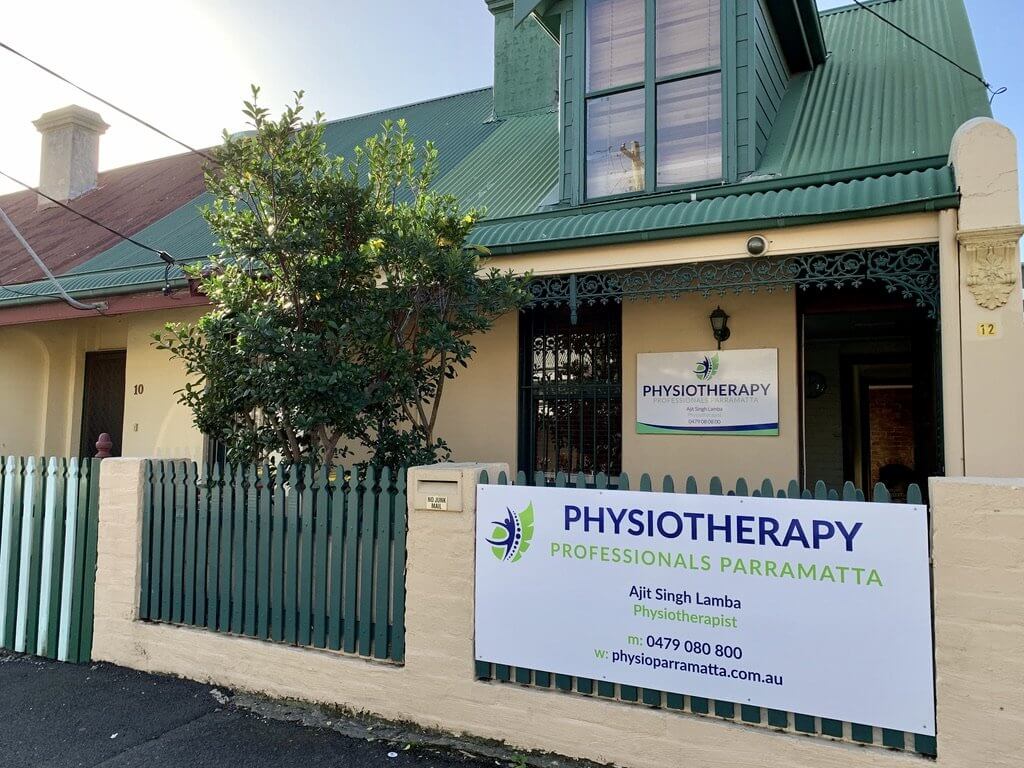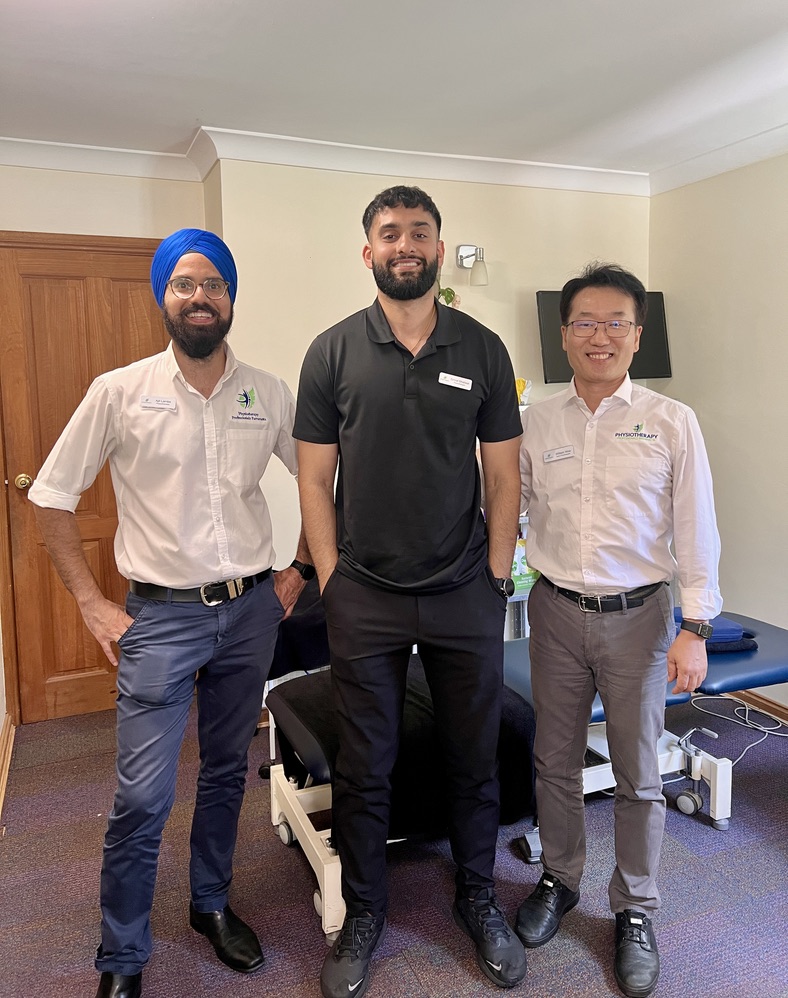Frozen Shoulder

What is frozen shoulder?
- Frozen shoulder – also called adhesive capsulitis – is a severely painful and disabling shoulder condition that disrupts sleep and causes pain that ranges from mild to severe.
- It can also cause stiffness and your range of motion may be impacted, making it difficult to do everyday tasks such as putting on a bra, getting into a coat or reaching overhead or across your chest.
- For people with diabetes, it can create difficulties with injecting insulin into the arm. Over time, the ability to move your shoulder is significantly reduced, so much so that it literally becomes “frozen”.
What are the symptoms?
The symptoms of a frozen shoulder are separated into three stages:
- The “freezing” stage – during this stage, the shoulder will become stiff as well as being painful to move with the pain increasing slowly making it incredibly difficult to move your shoulder. The freezing stage will last for approximately 6 weeks to 9 months.
- The “frozen” stage – during this stage your pain may lessen, but your shoulder will still remain stiff. The symptoms present during this stage make normal activities and daily tasks more difficult to complete. The frozen stage lasts for 2 to 6 months.
- The “thawing” stage – this is when the body begins to recover, during this stage pain will reduce gradually and your ability to move your shoulder will slowly improve. An individual is at full or near full recovery when they regain the ability to use their shoulder as per normal with recovered strength and proper motion. The thawing stage lasts from 6 months to 2 years.
Who is at risk?
There is a wide variety of individuals who are at risk of getting a frozen shoulder:
- Those who suffer from diabetes have a much higher chance with the incidence being between 11 – 30 percent as opposed to 2 – 10 percent from those that do not have diabetes.
- When an individual has been immobilised for extended periods of time. (After fracture or lack of use)
- The risk can increase if you have had a stroke, cardiac disease or Parkinson’s disease.
- Those who have had heart or neck surgery.
- People who have previously had a rotator cuff injury and/or surgery.
- Having one frozen shoulder also increases the likelihood it will occur in the other shoulder.
- Bilateral frozen shoulder can occur at the same time or after the first shoulder.
- Unfortunately, you can’t prevent your risk of frozen shoulder, but you can stop it from getting worse.
What are the treatment options?
It is important to note that almost all people will recover from this if they receive the proper treatment required for their situation.
There are different forms of treatments that will be recommended based on the severity of the condition, these include:
- Self-care – as a first line of treatment a person should consider applying ice, heat, physiotherapy, the goal of physical therapy is to get motion back into the shoulder and get movement back.
- Physiotherapy is a successful treatment option which has showed to be highly beneficial for patients with frozen shoulder
- Our physiotherapists may recommend active assisted exercises, these can be performed using everyday household objects and can help in loosening up the joint
- Corticosteroid injections can also be another method in helping relieve frozen shoulder pain, this can be administered in a doctor’s office and will add cushioning to the joint which will reduce the friction and allow the bones to move more freely.
- Medication – over-the-counter pain relief such as Panadol or aspirin can help in immediate pain relief and or medication prescribed by your GP or pain specialist.
- Nerve blocks, suprascapular nerve and/or radiofrequency denervation(RF) of sensory branches to the shoulder can be very effective.
- Surgery – A minor surgical procedure that can be done as an outpatient is what’s known as shoulder joint capsule release, or arthroscopic capsular release. This however is only considered as an option if the pain is constant and severe over a period of 6 months and self-care methods have not made any improvement. Patients can experience stiffness following the surgery however this is easily solved through physical therapy post-surgery.
Contact Us:

